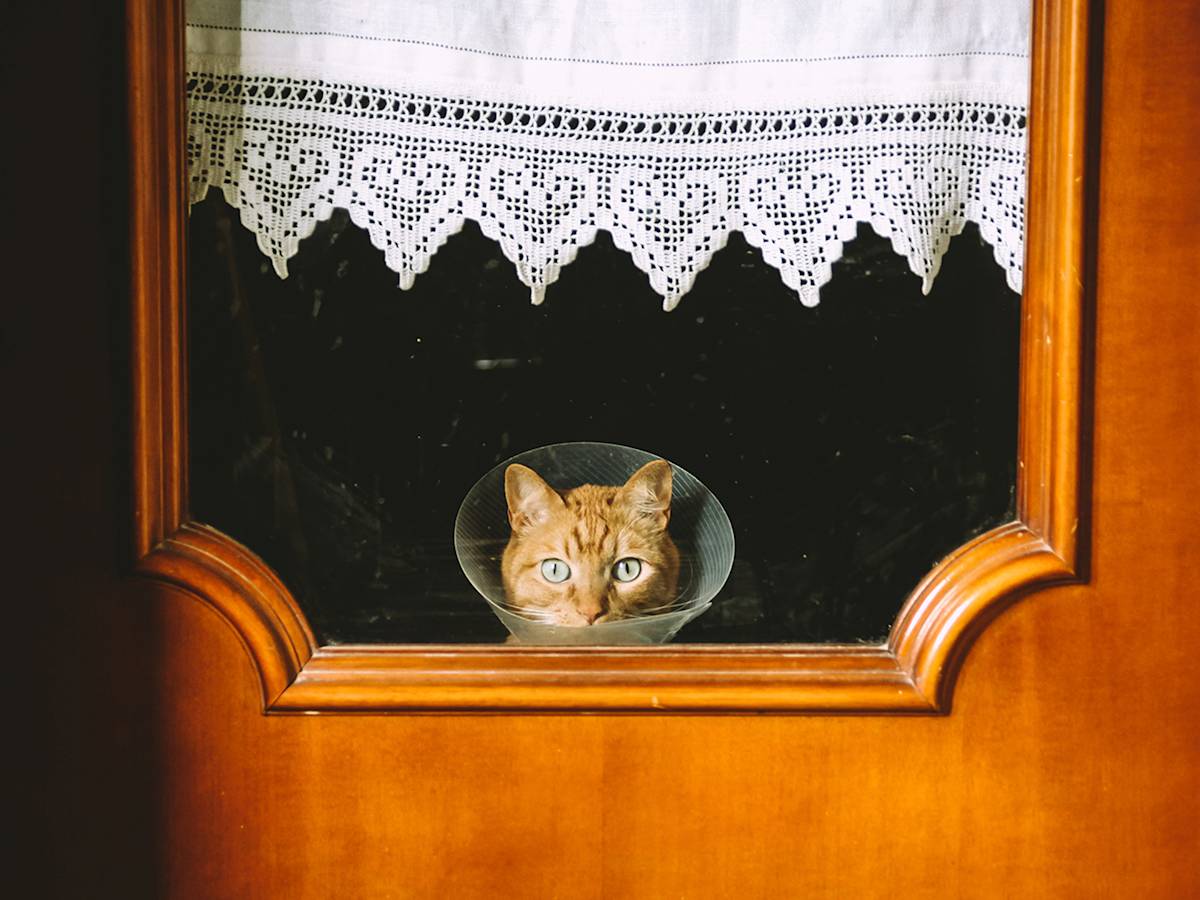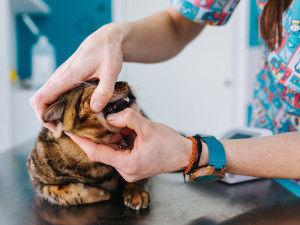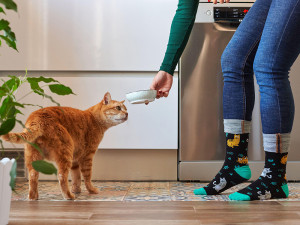Doctor’s Orders: Cat Vet Visits Are Essential
Get thy cat to a vet, even if it’s a struggle to get them out the door
Loading a spirited cat into a carrier requires some prowess, and there is still no guarantee that you’ll emerge from the experience without a scratch. But a trip to the vet is as verifiably unpleasant as it is essential for your cat’s wellbeing. So as much as you may want to avoid the whole ordeal, you should hear what two vets have to say about how often you should take a cat to the vet – at every life stage.
Kittens
“Kittens require a lot of care and need to go to the vet a lot during their first year,” says Dr Amy Stone. These initial wellness visits are key to keeping your cat healthy. Besides a general exam, your kitty will need initial vaccinations (plus booster shots), and to be spayed or neutered. During these checks, your vet will confirm that your kitten is hitting all of their growth milestones and shows no signs of congenital defects like cleft palate, extra toes, undescended testicles, or neurological deficits that could upset their balance.
Adult cats
It all adds up to roughly five vet visits before your cat even celebrates their first birthday – after which Dr Stone recommends annual visits for preventive care: exams, blood work, flea and tick preventatives (if you have outdoor cats), and prescriptions as needed. If your cat appears to be in good shape, it may be tempting to skip those annual check-ups. And don’t even get us started on the parental guilt that comes with subjecting your kitty to the stress of a vet clinic. Neither of which, sorry to say, is a good enough excuse for Dr Bruce Kornreich, director of the Cornell Feline Health Center.
A 2023 Cats Protection reportopens in new tab found that only 61 percent of cats make the annual trip to the vet – yikes. “You want to identify problems as early as possible,” says Dr Kornreich. “The sooner you catch a problem, the more likely a medical or surgical outcome is likely to be successful.” Your vet also provides more than preventive care. Anytime you notice a change in your cat’s health, ask your vet – not Google. Symptoms like diarrhoea, vomiting, increased thirst, rapid breathing and nasal discharge are all signs your cat needs immediate care. “If you don’t call, whatever [the problem is] could get a lot worse,” adds Dr Stone.
Senior cats
As the number of candles on your cat’s birthday cake inches up, so should the frequency of their vet visits. Dr Kornreich recommends that cats over 10 years old see a vet twice a year. “As cats get older, the incidence of disease goes up,” he says. Diabetes, heart disease, hypothyroidism, arthritis, cancer and dental disease are all more common in older cats. Biannual visits allow your vet to check for signs that something is amiss and increase the odds that your geriatric cat is as healthy as possible during their golden years. You can’t argue with that.







